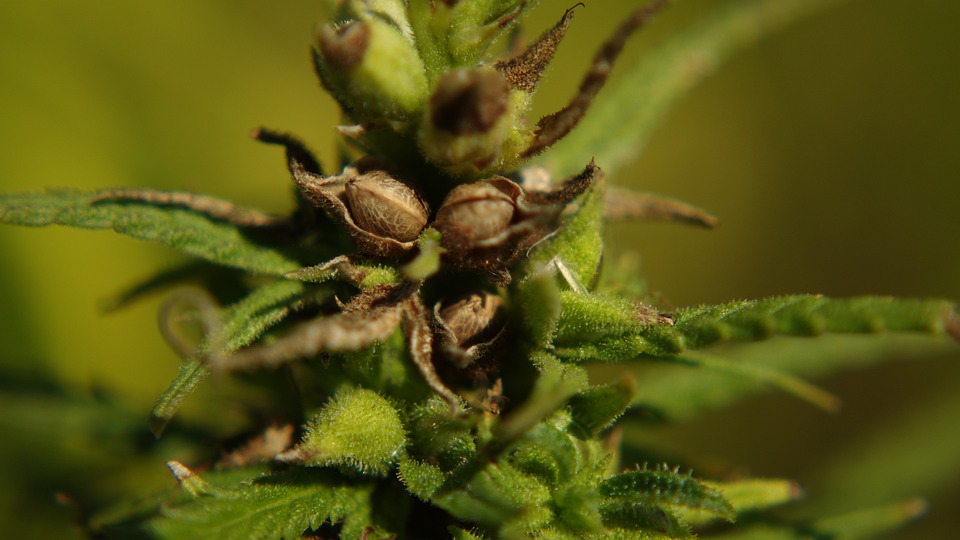BY PSY-23
Photo credit: Dutch Passion
April 2nd
Cannabis has been used for medicinal and recreational purposes for centuries. In Germany, cannabis was historically used for various therapeutic purposes, including pain relief and treatment of conditions such as epilepsy and multiple sclerosis. However, in the early 20th century, as global attitudes towards cannabis began to shift, Germany implemented strict laws restricting its use. The Narcotics Act of 1971 classified cannabis as an illegal substance, leading to widespread criminalization of its use and possession. That all changed on April 1st of this year, when Germany ushered in a new era for cannabis users.
In recent years, there has been a growing shift towards the decriminalization of cannabis in various countries around the world. Germany, known for its strict drug laws, has now decided to take a progressive approach towards cannabis as well. The new laws surrounding the decriminalization of cannabis in Germany have sparked various discussions and debates. But what exactly led to this decision, and how might it impact other European countries’ policies?
Germany’s decision to decriminalize cannabis can be attributed to several factors. In recent years, attitudes towards cannabis in Germany have started to change. The country has long been known for its strict drug laws, with possession of even small amounts of cannabis being punishable by hefty fines or even imprisonment, however, as attitudes towards cannabis have evolved globally, Germany has felt increasing pressure from its citizens to reassess its stance on the issue. The push for legalization gained momentum, with a growing recognition of the potential medical benefits of cannabis and an increasing number of people becoming more open about their own consumption.




















